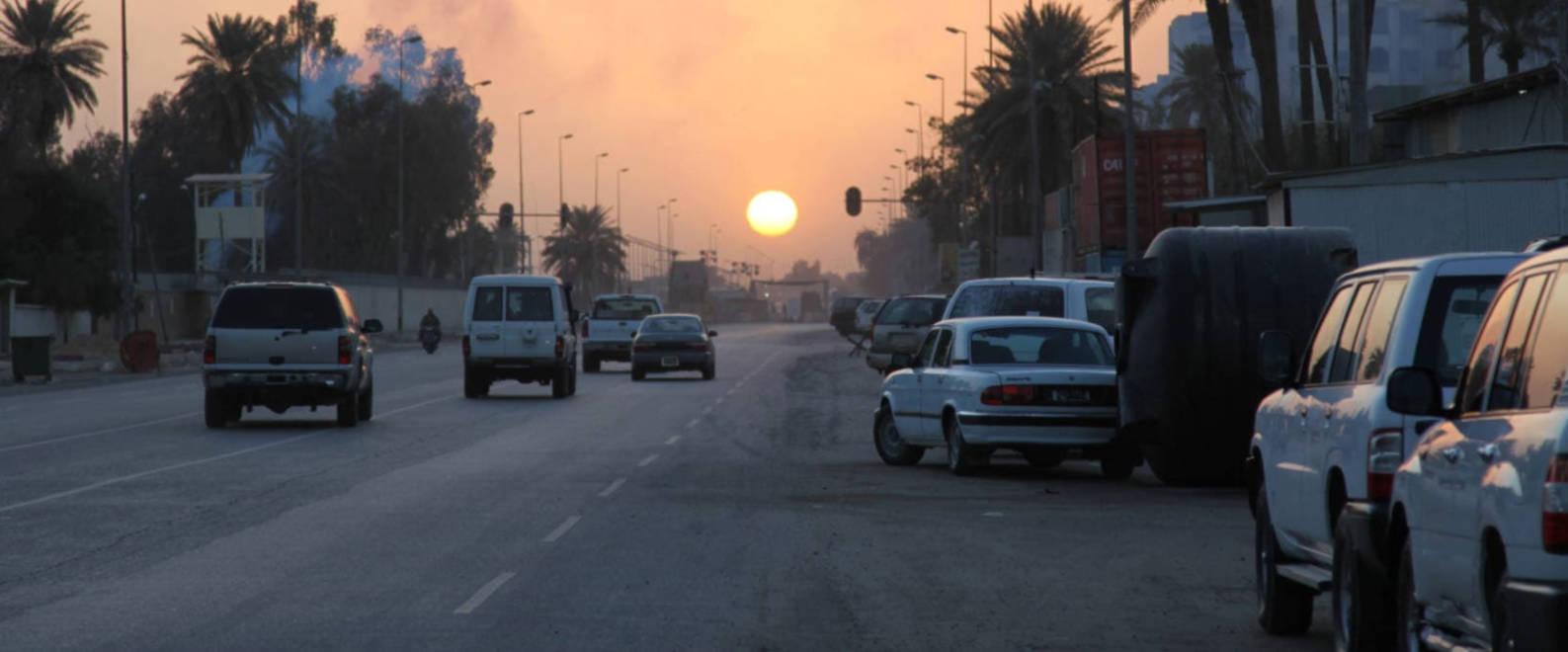If you are an employer, company or organisation that utilises contractors overseas whether in complex or high risk locations or not, it’s time to sit up and pay attention….‘Accountability’ and ‘Responsibility’ may well be the words that partially define this decade.
In the past, companies might have felt more comfortable utilising contractors, believing this minimises the risks of being an employer or employees or of being found liable for any injuries that the a suffered, or worse still, their death, because the duty of care was not clearly owed. The lines of responsibility between an employer and contractor are crystallising now and certainly from a UK legal perspective, courts are finding that there is more likely to be a finding of an employee/employer relationship, even when an individual is recruited as a contractor, when a contractor has been seriously injured.
So what does this mean and what exactly is ‘duty of care’?
A huge subject, but duty of care, to put it at its most basic, is when one entity is expected to do all they ‘reasonably’ can to ensure another entities safety. We use the term ‘entity’ because there are many ways to describe relationships between individuals, companies and organisations. For example, a duty of care is owed from a teacher to a student; driving instructor to a learner; employer to employee to name but a few. These are very clearly defined relationships and historical examples with lots of case law to support them but, the important relationships are becoming those that have previously been less defined, or (incorrectly) thought to be outside scope of duty of care. We also highlight the word reasonable. Why? Because you don’t have to wrap people in cotton wool, but you have to take a step back and ask yourself, what really is reasonable in the circumstances for us to do? Its reasonable and obvious to provide a set of body armour for someone in Syria, but is it reasonable to do a risk assessment on a third party provider of services? You would be surprised how this catches companies out who simply don’t think about such requirements.
The obvious first requirement is your risk assessments need to be good enough to encompass the possibility (and likelihood) that you should consider whether you owe a duty of care to a contractor. The requirement, in the event of claim following an incident would be to demonstrate that you did all that was reasonably possible to minimise risk to your staff, however they are employed, when working in complex environments, high risk jurisdictions or even away from the normal workplace (and don’t forget, you should still do risk assessments in the normal workplace, especially since the arrival of COVID-19!). Your insurance needs to be adequate and by that we mean you should sit down and really go over exactly what your insurance is providing, or not providing as the case may be. For instance, Kidnap and Ransom is a complex area and you may think you have it covered in your insurance, but is it really? Pay close attention to the wording.
How do you know if a duty of care is owed?
In the UK the concept of duty of care is well understood; in conflict-affected states it isn’t so clear and often the jurisdiction that a contract is agreed under, is not quite as clear cut as in the UK. This provides ambiguity for contractors and companies alike. Increasingly we are seeing the use of host nation laws which are also now incorporating forms of ‘duty of care’ into their laws.
The rule of law is heavily focused on conflict-affected states where a lot of donor money is poured in. The reasons for that are beyond this blog (maybe another time…) but as we have seen in Iraq, with the recently enacted Labour Law (2015), the onus is on the employer to provide safe working environments – and that applies to foreign companies too.
We can help
If you would like to understand more about these issues, or indeed feel your company could benefit from a health-check on your processes involving duty of care issues, please get in touch.






